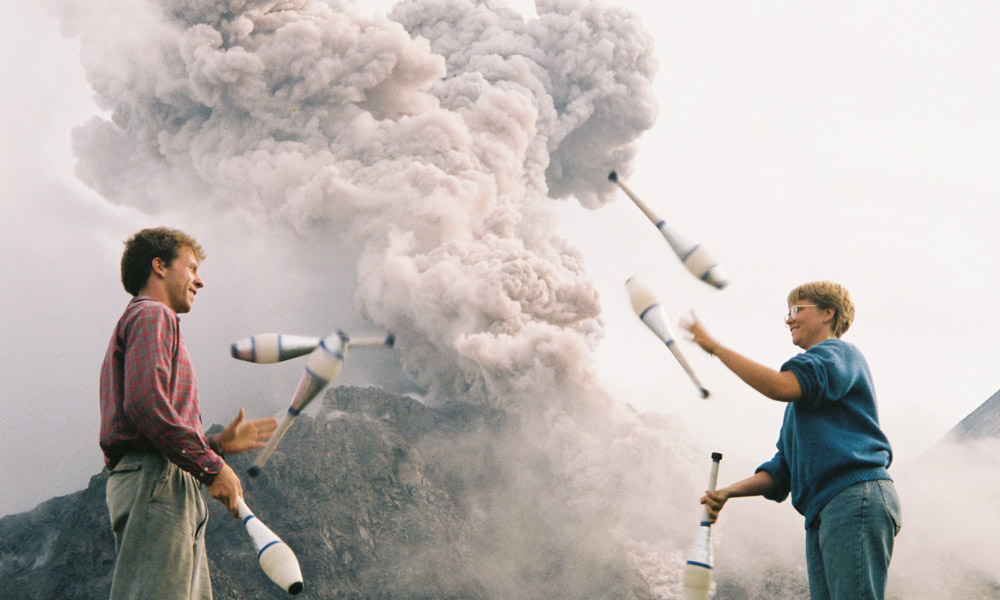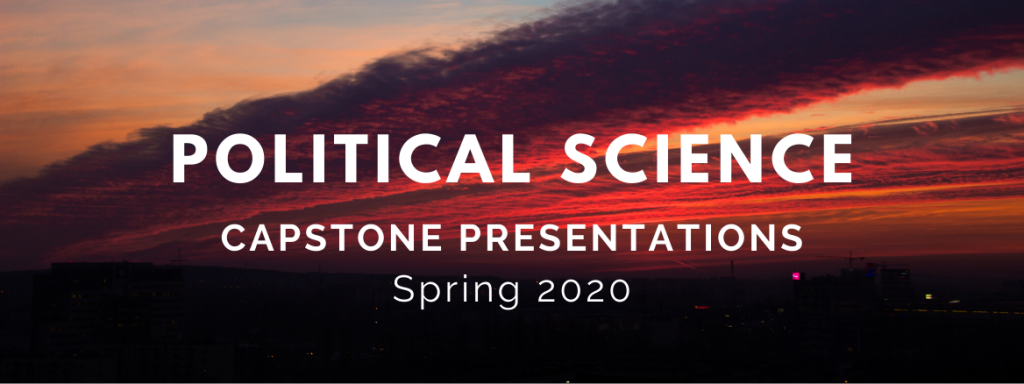Page 185 • (2,102 results in 0.032 seconds)
-
his senior year, Belton opened an envelope from his counselor, Karin Thompson, who had called him into her office weeks before to write a mystery essay. He didn’t know it at the time, but that essay was part of his ticket to any public university of his choosing — tuition free. Belton chose Washington State University, where he earned a bachelor’s and eventually a master’s degree in business. The day he got the news that college would be a reality, his parents were moved to tears. “I think it was
-
natural resources and edited scientific articles, but in her free time turned her government research into lyric prose, first as an article “Undersea” (1937, for the Atlantic Monthly), and then in a book, Under the Sea-Wind (1941). In 1952 she published her prize-winning study of the ocean, The Sea Around Us, which was followed by The Edge of the Sea in 1955. These books constituted a biography of the ocean and made Carson famous as a naturalist and science writer for the public. Carson resigned from
-
The Value of the Peace Corps Experience: A Panel PresentationAbout the Panelists Photo of Shella Biallas Shella Biallas ‘04 graduated from Pacific Lutheran University with degrees in sociology and psychology and a minor in Norwegian language. After graduating, she served as an AmeriCorps VISTA volunteer in St. Paul, MN working with immigrants and refugees at a non-profit law center. Shella attended the Evans School of Public Affairs at the University of Washington in Seattle through the Peace
-

of Public Health in New York, where he was awarded a graduate research assistantship and worked with a mentor on programs to reduce the burden of tuberculosis in New York City. “My mentor was a physician/epidemiologist, and aside from our work on TB, he developed a fascination with the 10 plagues of Egypt as described in the book of Exodus,” Malloy said. (Photo: ) Curt Malloy talking with the members of the village. +Enlarge Photo The two wrote a peer-reviewed article that was picked up by The
-
, Theatre & Dance Distinguished teachers, talented students, and supportive public: these are the people who make the Department of Music at PLU a nationally recognized center for musical learning, serving, and sharing. Department of Communication, Media & Design Arts The Department of Communication, Media & Design Arts offers a strategic and creative curriculum to prepare students for careers in diverse fields including print and digital design, journalism, marketing, media production, and visual art
-
Conference ScheduleConference Registration The conference is free and open to the public. SpeakersWednesday, October 24Cathy L. RozmusFrancis R. NicosiaRobert P. EricksenCathy L. RozmusCommentator Title: Video: “Caring Corrupted: The Killing Nurses of the Third Reich” Presentation Title: “Lessons From Nazi Germany for Today’s Healthcare Providers” Who: Cathy L. Rozmus, Ph.D., R.N. Vice Dean UTH Bio: Cathy L. Rozmus PhD, RN is PARTNERS Professor and Vice Dean for Academic Affairs at the Cizik
-

own backyard and beyond, from north of Seattle to south of Olympia.” Words Can Hurt The Word-Choice Campaign Everyone is Talking About Read More The wide-reaching campaign takes a multilayered, environmentally conscious—and money-saving—approach: Arrived with Dreams. Left with Passions. The Story Behind the Six Word Story—in His Own Words Read More 112 fully recyclable “Eco Poster” billboards on major secondary arterial roads showcase a public-service message inspired by the powerful My Language
-

of Public Health in New York, where he was awarded a graduate research assistantship and worked with a mentor on programs to reduce the burden of tuberculosis in New York City. “My mentor was a physician/epidemiologist, and aside from our work on TB, he developed a fascination with the 10 plagues of Egypt as described in the book of Exodus,” Malloy said. (Photo: ) Curt Malloy talking with the members of the village. +Enlarge Photo The two wrote a peer-reviewed article that was picked up by The
-
under the ADA. Service Animals must be harnessed, leashed, or tethered, unless these devices interfere with the service animal’s work or the individual’s disability prevents using these devices. In that case, the individual must maintain control of the animal through voice, signal, or other effective controls. Service Animals are allowed to accompany people with disabilities in all areas of campus where the public is normally allowed to go. Allowed and Restricted Areas In consideration for the
-

``PresentationGrace Rowe``Global Warming as a Social Issue: The Impact on Humanity``PresentationKarl Stallman``Polls and Their Effect on the Public``PresentationAshley Stiles``Can a Woman Win?``PresentationChloe Wilhelm``Partisanship, Power, and Politics``Presentation
Do you have any feedback for us? If so, feel free to use our Feedback Form.


